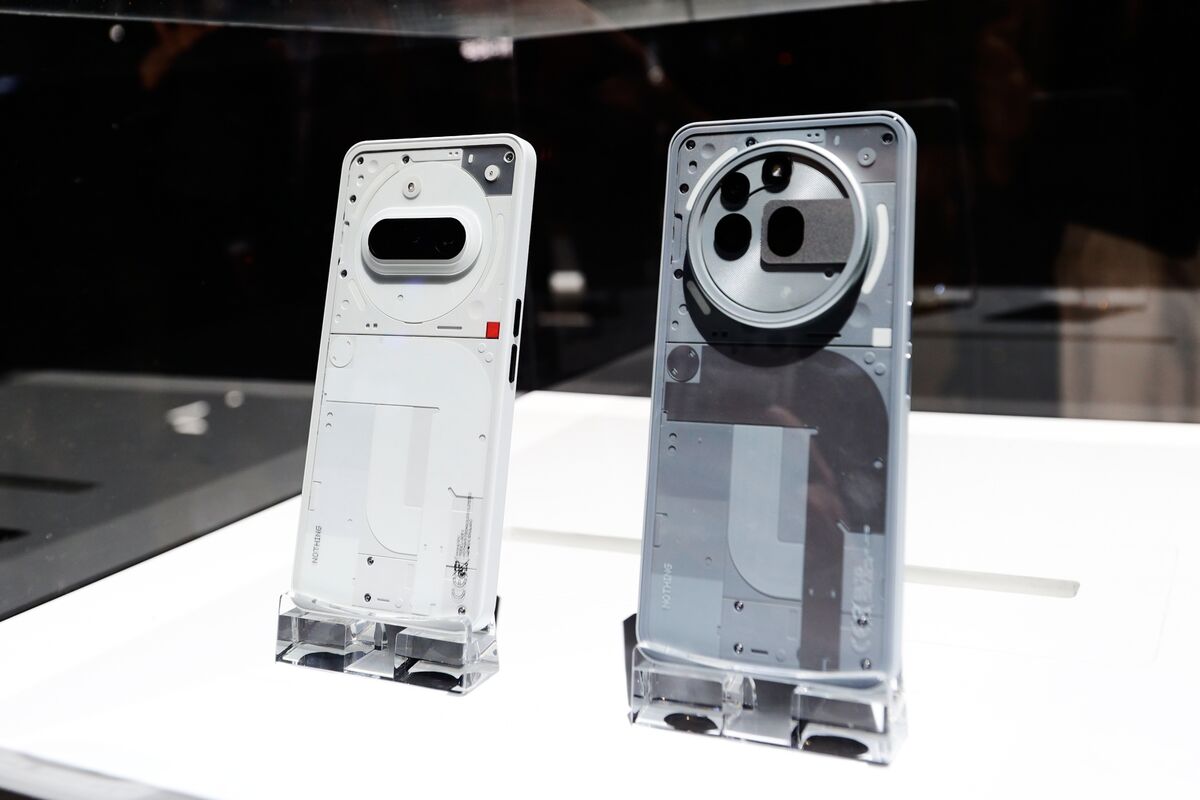Nothing Technologies secured a $200M Series C at a $1.3B valuation to fund AI native devices and a unified AI platform. The company targets an AI native device launch in 2026 with a focus on on device AI, edge AI, AI hardware partnerships, and privacy first AI services.

Meta Description: Nothing Technologies secured $200M Series C to develop AI native devices, targeting 2026 launch and a new AI app ecosystem.
A five year old smartphone company raised 200M to take on Apple Google and Samsung in the next era of mobile devices. Nothing Technologies founded by former OnePlus co founder Carl Pei announced a Series C led by Tiger Global valuing the company at about 1.3 billion. Nothing is betting on AI native devices and a unified AI platform that could arrive in 2026. The real question is whether a design driven startup can deliver AI powered smartphones that stand out from established ecosystems.
Nothing entered the market in 2021 with transparent designs and unique LED elements that made phones feel fresh. The London based brand carved a niche with the Nothing Phone series appealing to users tired of incremental updates from major brands. Yet the smartphone market is mature and dominated by incumbents that control much of global share.
Hardware improvements alone are harder to use as a wedge. That reality pushed Nothing to reimagine mobile around software and device AI at the chip and OS level. Moving from design focus to building an AI native device ecosystem is a major shift that touches AI hardware partnerships AI OS development and the AI app ecosystem.
Nothing now competes with tech titans that already integrate machine learning across devices. Apple and Google and Samsung offer early examples of AI features but Nothing aims to create a different model by prioritizing on device AI for speed privacy and personalization. The startup approach can deliver novel experiences because it is not constrained by legacy decisions or large scale product families.
If Nothing can show clear benefits in everyday tasks like predictive text smarter notifications better battery management from edge AI and a privacy centered AI assistant then it may spark renewed upgrades and interest from developers in its AI app ecosystem.
AI native devices promise more proactive context aware experiences that anticipate needs rather than only reacting. Key user facing advantages include faster on device inference improved privacy because data stays local and new interactions enabled by AI powered smartphones and AI OS features. But the shift also raises concerns about ecosystem lock in data governance and how companies balance personalization with privacy first AI principles.
Nothing's 200M bet on AI native devices is both a bold move and a test case for innovation outside major tech ecosystems. The company needs more than funding to succeed it must deliver tight integrations between AI hardware AI OS and AI services and prove that on device AI can provide meaningful advantages. The next 18 months leading up to the AI native device launch 2026 will be decisive for whether Nothing can become a true challenger or whether it will struggle against ecosystem scale and incumbent advantage.
These keywords and phrases align with current SEO trends focusing on intent semantic relevance and authoritative answers for queries about device AI and industry outlook.



